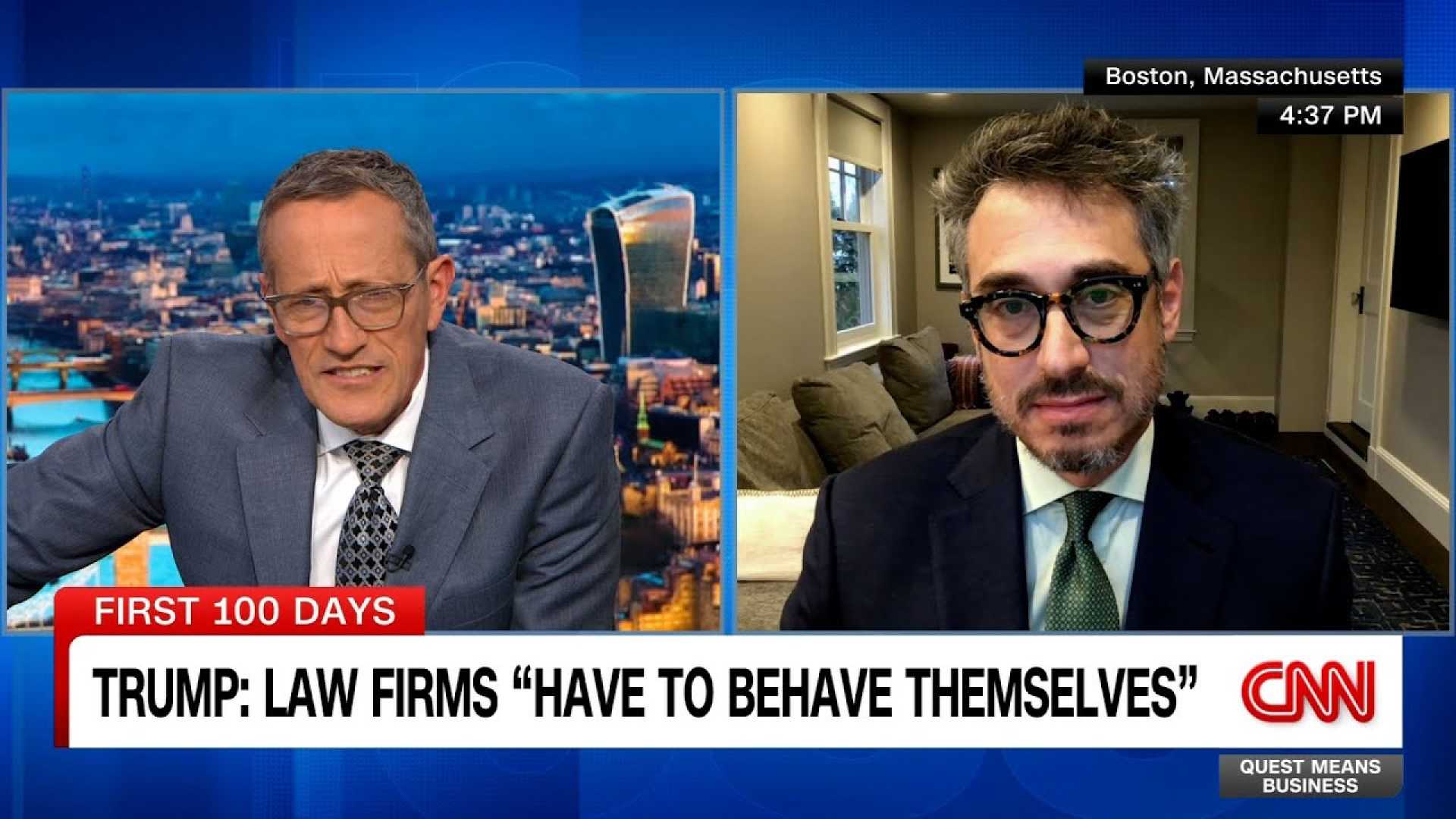Politics
Trump Administration Targets Paul Weiss in Legal Controversy

WASHINGTON, D.C. — The Trump administration has intensified its scrutiny of left-wing activist law firms, particularly Paul, Weiss, Rifkind, Wharton & Garrison LLP. On March 14, President Donald Trump directed an order aimed at the firm due to its DEI practices and the hiring of attorney Mark Pomerantz, who had previously joined the Manhattan District Attorney‘s Office to pursue alleged wrongdoings by Trump.
The executive order rescinded Paul Weiss‘s security clearances, terminated federal contracts, and restricted access to government facilities. Just a week later, on March 21, the firm appeared to reverse its stance by indicating intentions to comply with the administration’s demands.
In a notable shift, Paul Weiss acknowledged misconduct by Pomerantz and laid out new policies to uphold principles of equality and justice. Among its commitments are political neutrality in client selection, a shift towards merit-based hiring, and a pledge of $40 million in pro bono legal services aimed at various causes, including veterans’ assistance and combating anti-Semitism.
Trump celebrated this change, stating, “This development should give Americans hope that the legal profession can unite to strengthen our Nation.” He emphasized that focusing on justice and support for communities would benefit all Americans.
However, the New York Times quickly criticized Paul Weiss for what they characterized as a capitulation to Trump. Articles published on March 22 pointed to the firm’s decision as a betrayal, with headlines like “How a Major Democratic Law Firm Ended Up Bowing to Trump” and “What to Know About Paul Weiss, the Law Firm That Gave In to Trump.”
The Times further lambasted the firm in a Sunday article titled “How a Law Firm Decided to Fold Instead of Fight,” underscoring the perceived ethical implications and political repercussions of their shift. The article noted that, despite retaining its progressive roots, Paul Weiss’s concession marked a significant departure from its typical stance.
Political commentators, including PJ Media‘s Erick Erickson, suggested that the backlash reflects a broader intolerance from the left towards compromise. “Surrender is not an option,” Erickson stated, criticizing the left for demanding unwavering allegiance in the face of Trump’s administration.
As the political landscape continues to fracture, the actions of firms like Paul Weiss serve as a litmus test for the dynamics between law, politics, and social responsibility.












